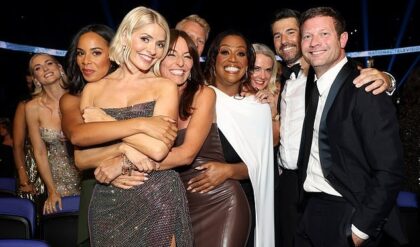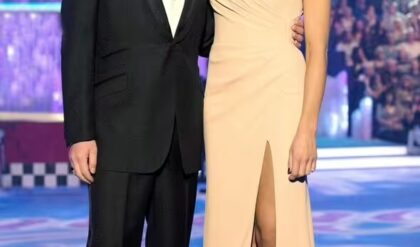
Foster started acting when she was 3 years old. “As a child actor, she realized early on just how punishing celebrity could be. She’s worked hard to protect her personal life. She doesn’t do social media, and she isn’t the face of any products. For decades, she refused to publicly acknowledge her sexuality, even as the media speculated about her relationships with women,” Kisner writes.
In 1981, when Foster was a freshman at Yale, John Hinckley Jr. attempted to assassinate President Ronald Reagan and confessed that he’d done it to impress Foster, with whom he’d been obsessed since seeing “Taxi Driver.” A year and a half later, Foster wrote an essay for Esquire titled “Why Me?” about the media spectacle that surrounded her. She wrote about desperately wishing to be treated like a normal college kid, and what it felt like to realize, after the assassination attempt, that this would never happen—that she was helpless in the face of strangers’ projections. “Good actors are essentially good liars,” she said. “I raise my eyebrows, you think I’m sexy. I dart my eyes, you think I’m smart.” Her tone was both anguished and resigned; if she cared about having the public know her real self, she’d been trained to turn that impulse off. “Being understood is not the most essential thing in life,” she wrote at 20.
But she’s begun to change her thinking. The roles she’s taking on no longer reflect the loneliness she once sought in acting. Foster speaks with Kinser about her “lifetime struggle” to be understood and how her recent roles helped her shake off her solitary self-conception.




